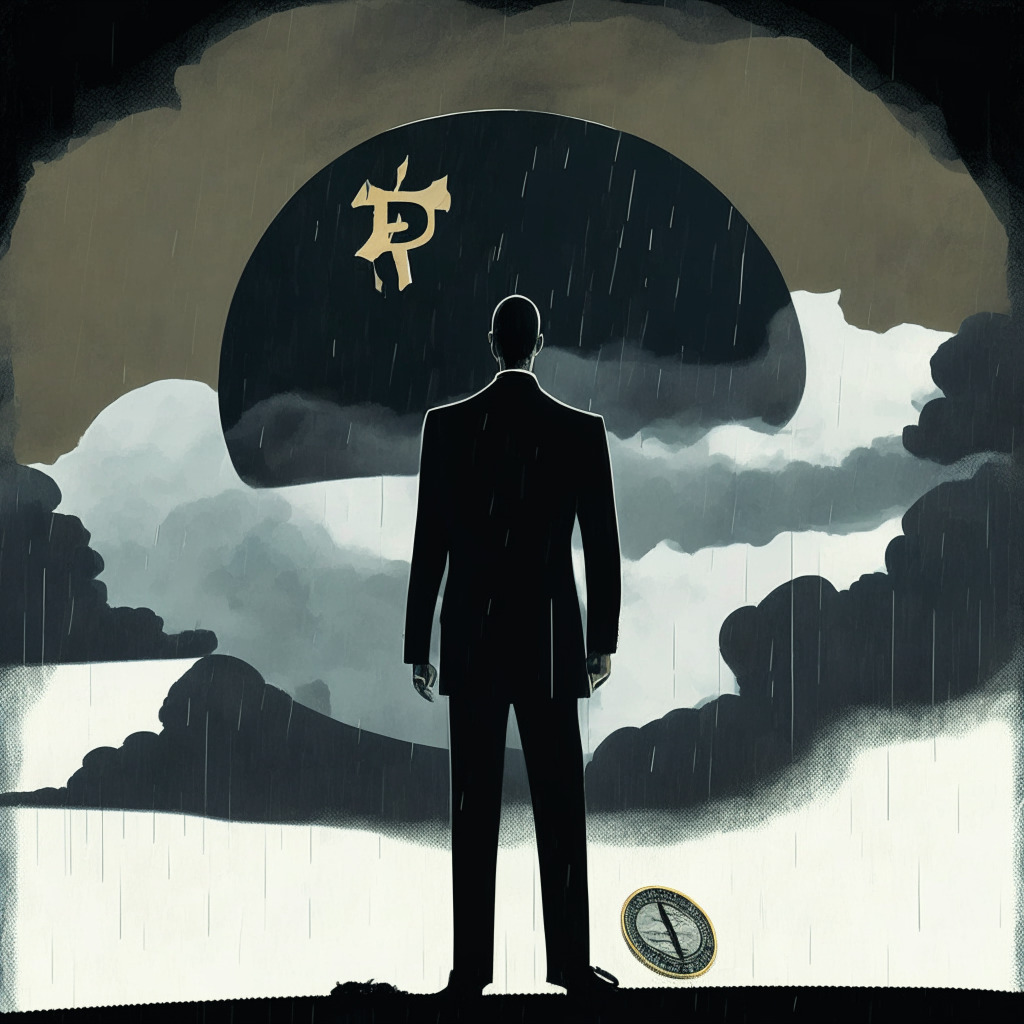With recent developments in the crypto sector, Nigeria has adopted a cautious stance. Notably, the Securities and Exchange Commission of Nigeria (SEC) has issued a stern warning to local investors against interacting with one of the world’s most substantial crypto exchanges, Binance. According to the Commission, the platform lacks the necessary operating license that legalizes its operation within the country.
The SEC’s warning emerged following a previous circular issued against an alleged fraudulent company that had been unlawfully using the Binance brand. This circular issued a similar warning to investors and the platform alike. However, the fraudulent “Binance Nigeria” entity had no real connection to Binance. Binance subsequently sent Binance Nigeria Limited a cease and desist notice.
Despite the dubious view of the crypto industry, Nigeria is concurrently promoting its central bank digital currency (CBDC). However, since the 2021 launch, the eNaira adoption rates haven’t reached the anticipated levels, prompting the central bank to explore multiple strategies to augment usage. In mid-2023, Near Field Communication (NFC) technology was deployed to improve contactless payments. From May 2023, the country introduced a 10% taxation on gains derived from the disposal of digital assets, including cryptocurrencies, a move hailed premature by local stakeholders.
However, it is worth noting that other unregistered platforms, including Binance, have been requested by the SEC to stop soliciting their services in the country. As for Binance, they have been reached out to for comments but haven’t responded at the time of this writing.
Looking at the broader picture, these actions against Binance and, indeed, the crypto industry as a whole, highlight the regulatory challenges that continue to confront the emerging blockchain sector. While some may argue that increased regulation is beneficial in reducing fraud and protecting investors, it does potentially hinder the innovation and growth of the industry. Furthermore, such a strict approach can result in a total loss of investments and create an environment of uncertainty for investors and entities within the crypto space.
In essence, while regulation is necessary to curb misuse, it should be approached in a manner that won’t stifle the substantial potential for transformative impact on the financial technology sector that crypto and blockchain technology offer. After all, the ultimate goal should be to harness the blockchain future effectively, keeping harmful elements at bay without compromising the potential for advancement.
Source: Cointelegraph




